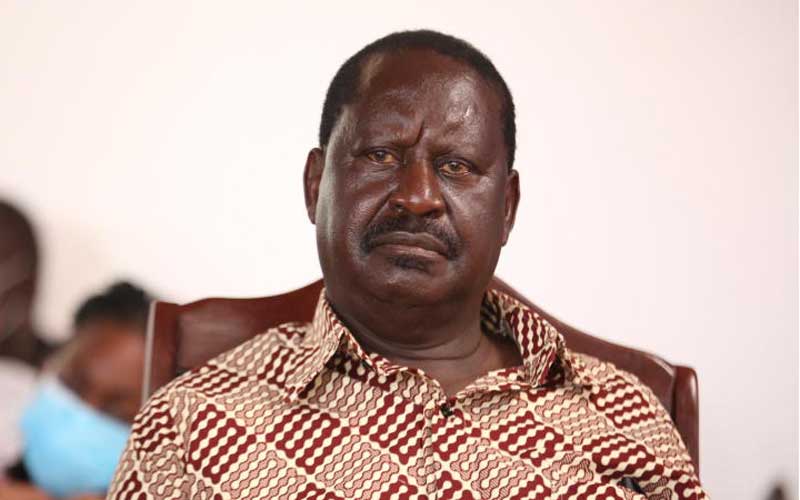×
The Standard e-Paper
Stay Informed, Even Offline

Raila Odinga at a church service in Bondo on December 25, 2020. Handshake and later BBI came to shatter the prevailing political order, and not even the Covid-19 pandemic could slow his “reggae” clarion call for referendum. [Collins Oduor, Standard]
Dubbed the “enigma”, opposition leader Raila Odinga’s hand is traceable to every major political development and trends the country experienced this year.